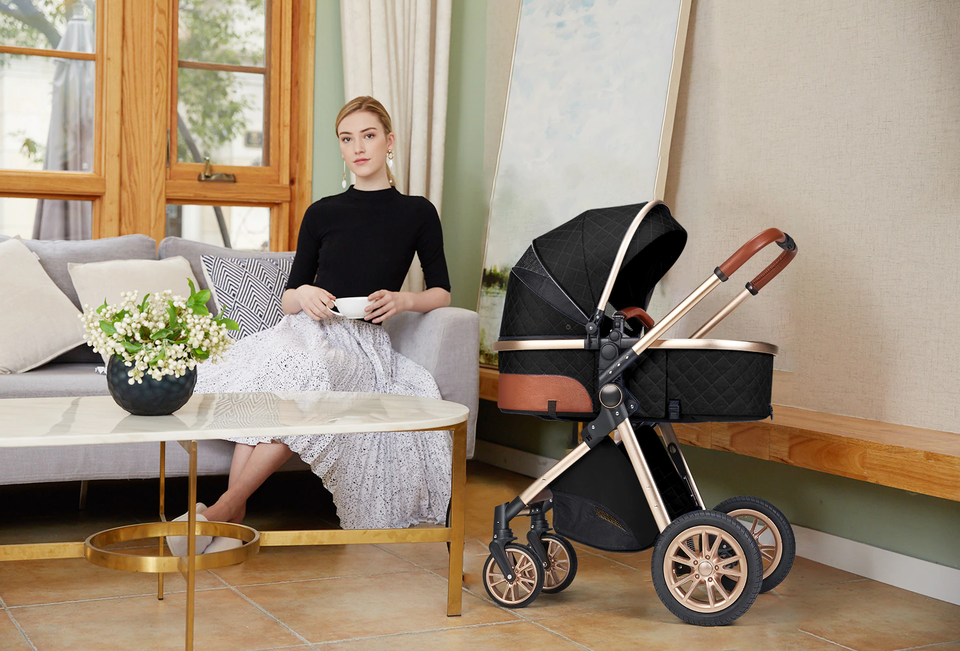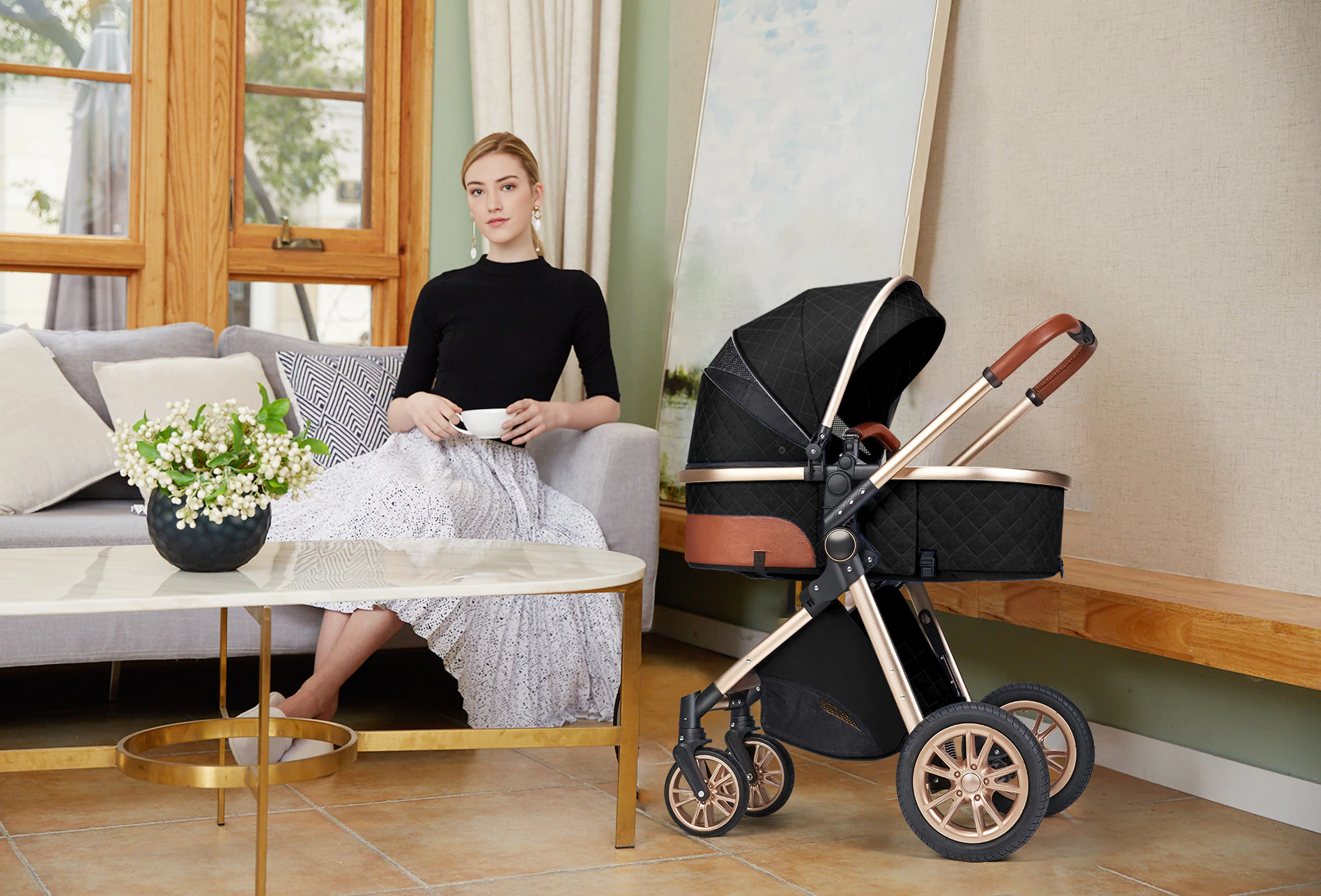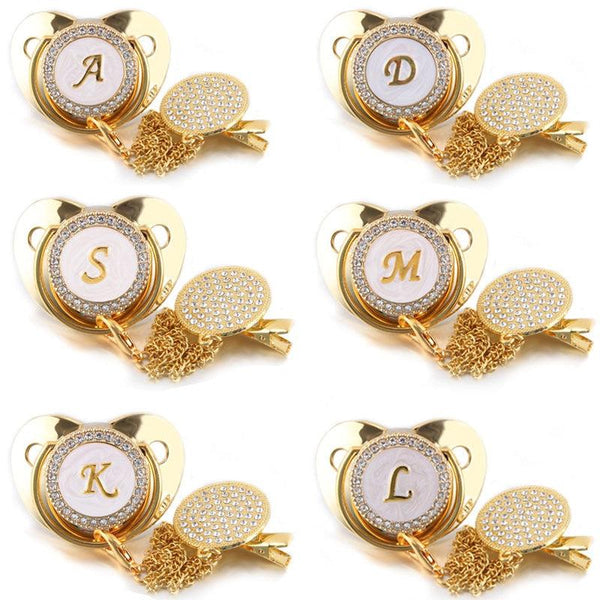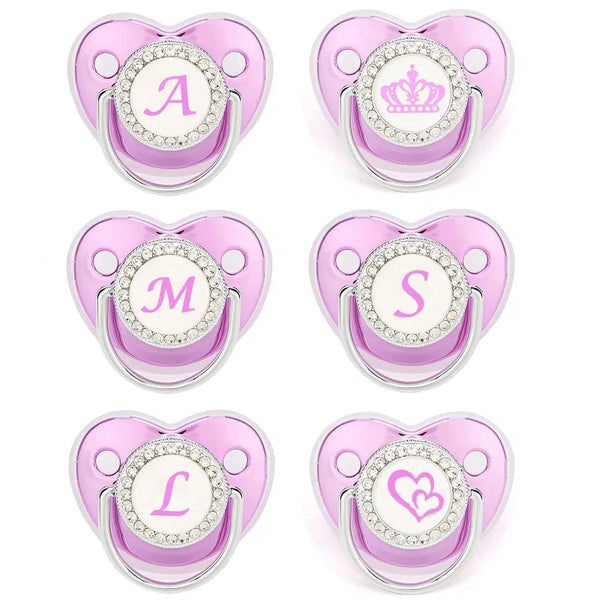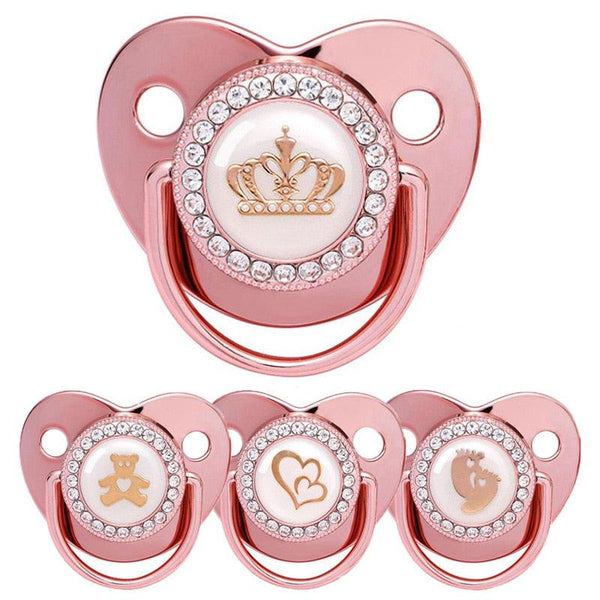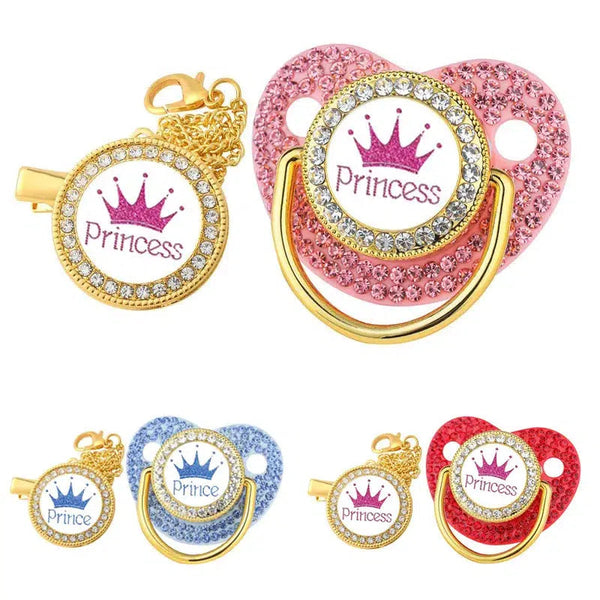3-In-1 Baby Strollers
Baby Bling Pacifiers
Crafted with utmost care and designed to capture hearts, these pacifiers are more than just soothing tools – they're a fashion statement for your little one.
Discover Our Showcased Product Line
Frequently Asked Questions
Most orders are delivered in 1 to 2 weeks from the time you place your order. Please allow up to 1 to 3 business days for your order to be processed and shipped out. If you choose expedited shipping at checkout your order will skip the line and be shipped out as soon as possible.
You have 12 hours from the time you place your order to make any changes and/or request cancellation for your order. This is because our shipping department moves quickly to get your order to you as fast as possible.
30-Day Return Policy:
- Our policy lasts 30 days from the date you receive your order. If 30 days have gone by, we unfortunately cannot offer you a refund for your return.
- To be eligible for a return, you must provide a receipt or proof of purchase.
- Items returned must be in new/unused condition and in the original packaging.
- Do not send your purchase back to the manufacturer. Return items to:
Maternity Miracles 963 Topsy Lane Suite 306 - 118 Carson City, NV 89705
Return Shipping:
- If the need for a return arises due to an error on our part (e.g., you received an incorrect or defective item), Maternity Miracles will provide a return shipping label at no cost to you.
- In all other cases, customers are responsible for covering return shipping costs. Consider using a traceable shipping service or purchasing shipping insurance for your return. Without tracking, we cannot guarantee receipt of your returned item.
- Please note that original shipping costs are non-refundable.
We will automatically send you a tracking number as soon as your package leaves our fulfillment center. Please use the number we give you at our tracking page.
When ordering as a gift for someone, be sure to enter in your email address to receive all summary information but enter in the recipient’s name and shipping information. We will be sure to keep all prices and receipts out of the package.
30 Day Money Back Guarantee
Don't love your purchase? No problem! We accept returns within 30 days of the delivery date.
Fast & Free Shipping
We strive to provide our customers with the fast and free shipping on each and every order!
Secure Payment Processor
Our payment processor utilizes cutting-edge encryption and security protocols, safeguarding your financial data at every step.
Support Available 24/7
Feel free to visit our contact us page if you need help with anything.
